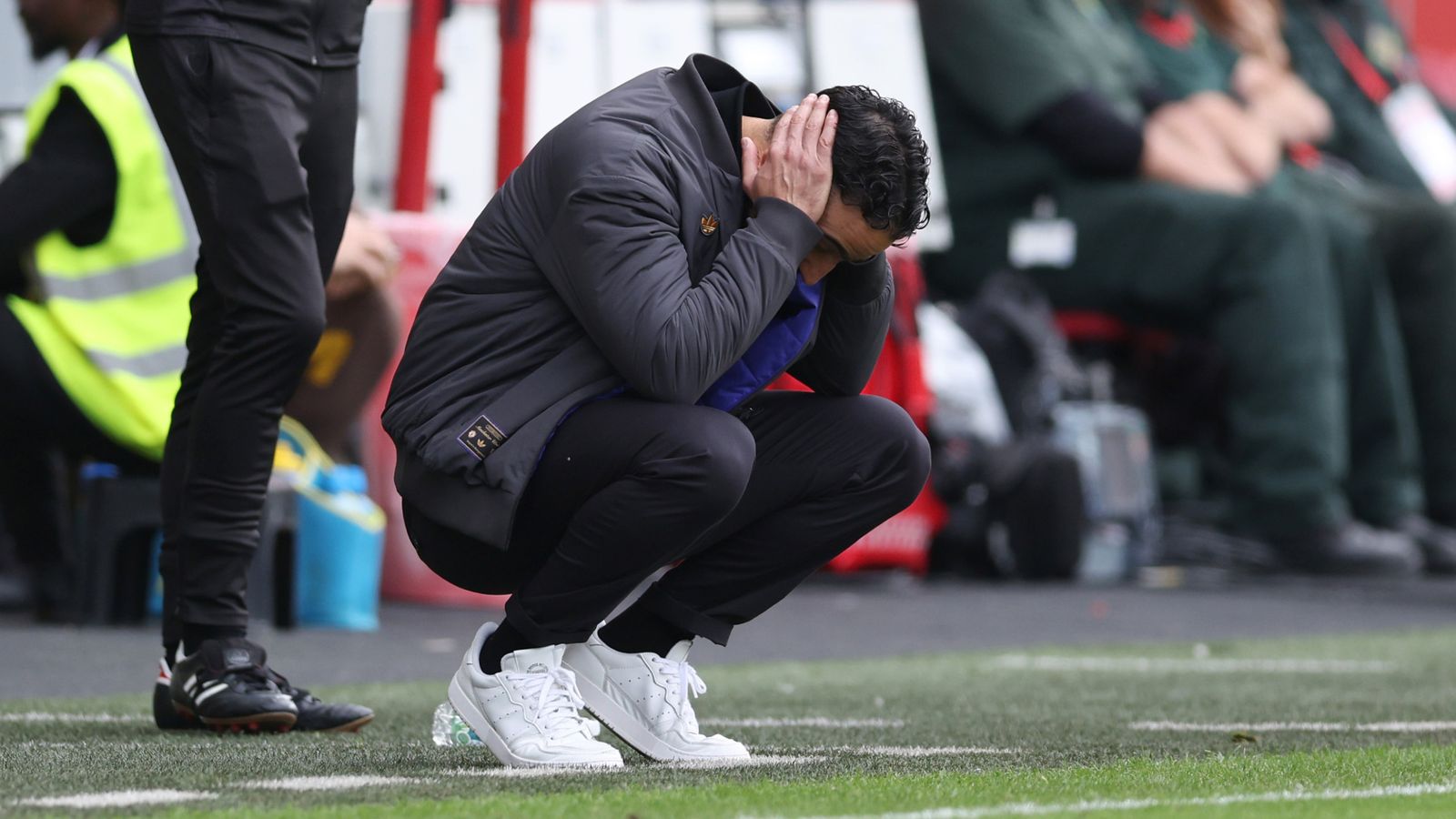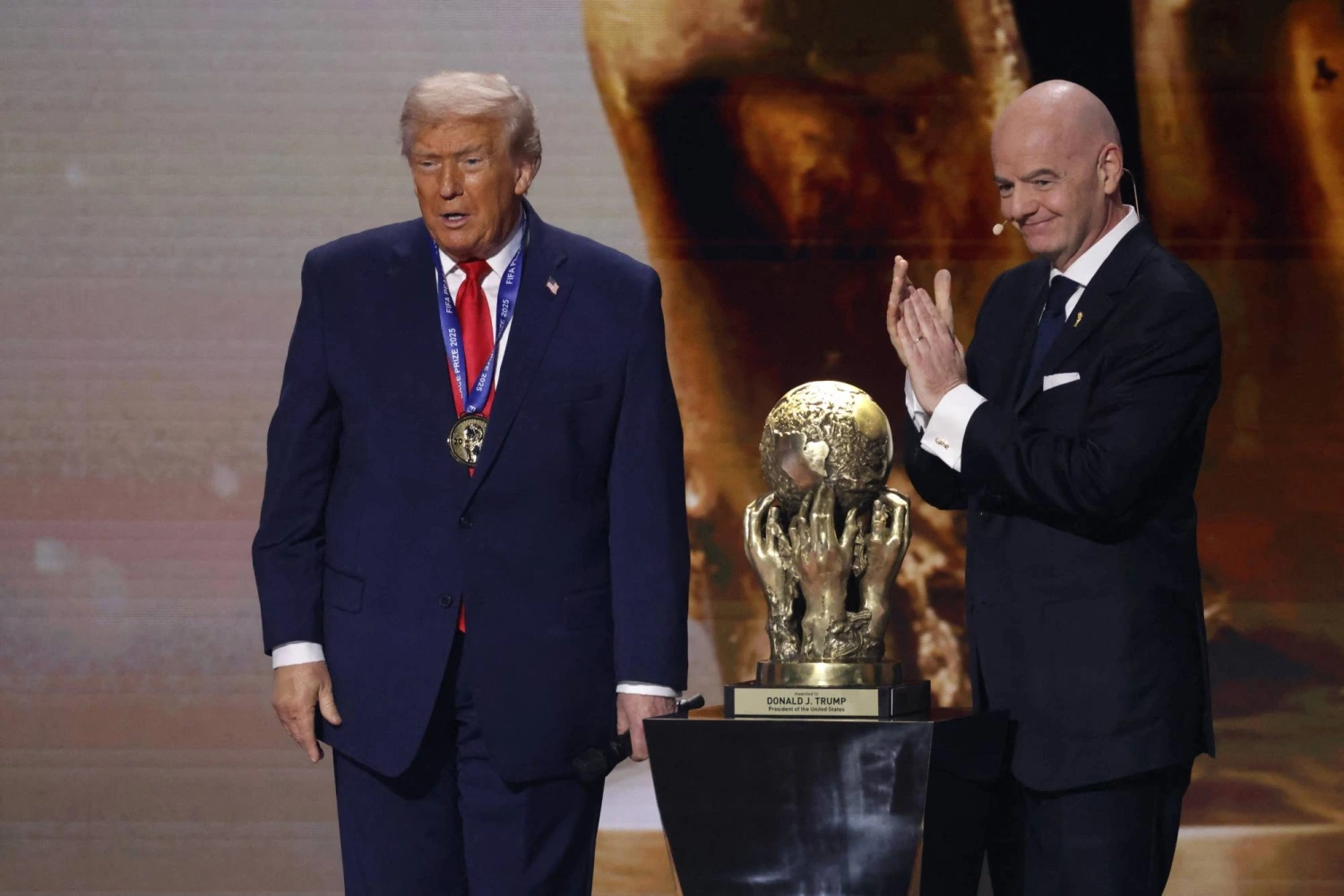Man Utd Boss Ruben Amorim Facing More Scrutiny After Latest Premier League Defeat at Brentford

Manchester United boss Ruben Amorim is under growing pressure after his side suffered a 3-1 defeat at Brentford — their third loss in four visits there. Amorim has now won just nine of his 33 Premier League games and is yet to secure consecutive league victories nearly 10 months into the job.
United came into the match hoping to build on their win against 10-man Chelsea, but any momentum quickly vanished as Brentford outclassed them. The Red Devils now find themselves back in the bottom half of the Premier League table.
“Winning two in a row used to mean something different at Manchester United.”
Amorim had described the Brentford fixture as the club’s “most important in a long time,” but his players failed to reflect that urgency. The defeat has raised further questions about his tactical approach and the team’s lack of consistency.
Tactical Stubbornness Exposed Again
One of the most consistent criticisms of Amorim’s tenure has been his insistence on a three-at-the-back system, which continues to leave United’s midfield pivot exposed. On Saturday, Brentford switched to a back four and fielded a midfield three — Jordan Henderson, Yehor Yarmoliuk, and Mikkel Damsgaard — that outnumbered and overwhelmed Bruno Fernandes and Manuel Ugarte.
Despite this, Amorim seemed unwilling to acknowledge the tactical flaw after the match:
“It’s always the same, when we win it’s not the system, when we lose it’s the system,” he said.
No Dominance Over Top Teams
So far this season, Manchester United have yet to dominate any top-half side with a full squad. Their narrow win over Chelsea came after Casemiro’s red card tilted the balance in their favour, but otherwise, the team has shown limited control or consistency.
Brentford manager Keith Andrews — in his debut season as a head coach — revealed that exploiting United’s midfield was part of the plan:
“You try and create overloads… if we have a three-man midfield, and they have a two, that’s where we can get control,” said Andrews.
His tactical flexibility stood in stark contrast to Amorim’s rigidity. By the end of the match, Amorim had Mbeumo and Mason Mount operating as wing-backs — a sign of how disjointed the game had become for United.
What’s Next for Amorim?
United’s next fixtures are critical, and failure to turn things around soon could increase pressure on the board to reconsider his position. With the club still searching for an identity and fluidity under Amorim, the question remains:
Can he adapt — or will Manchester United be forced to look elsewhere?



